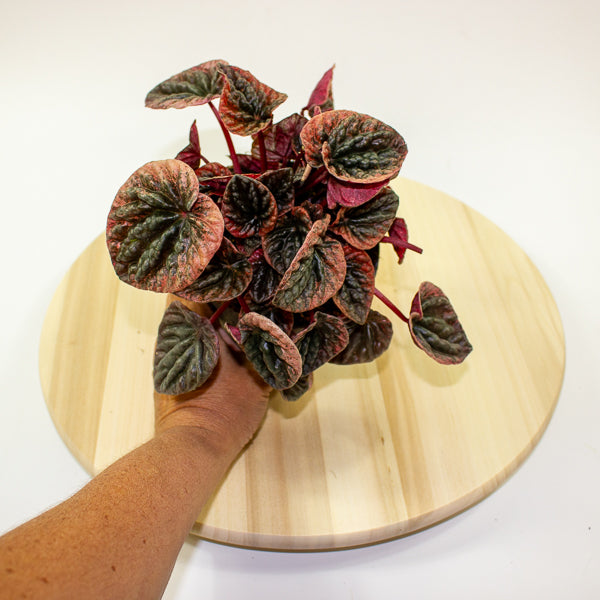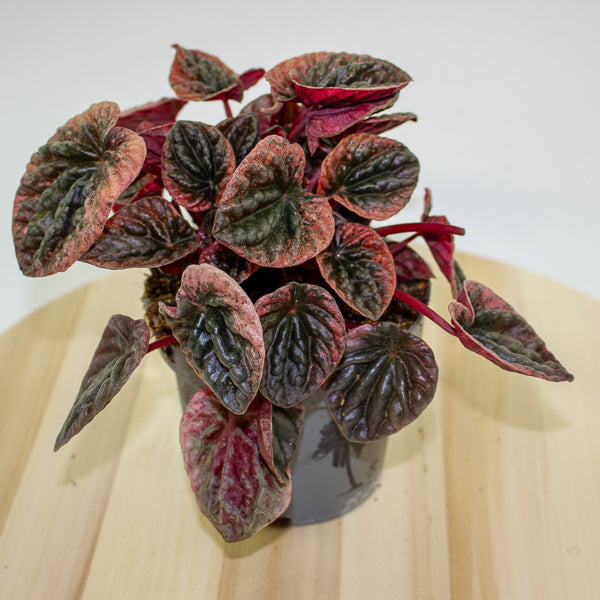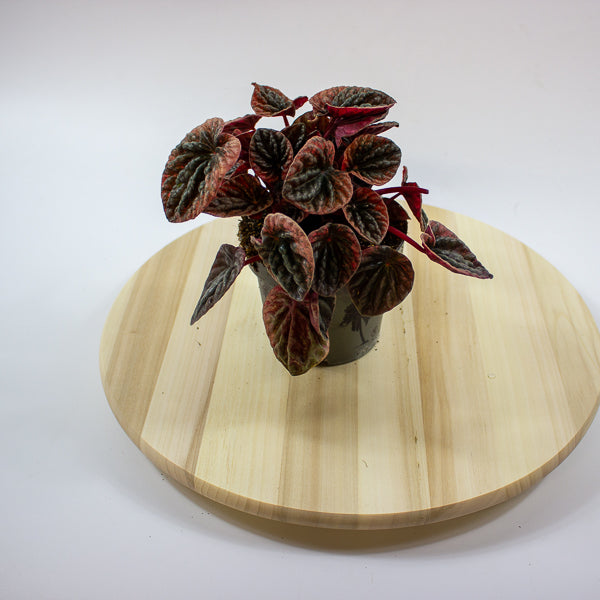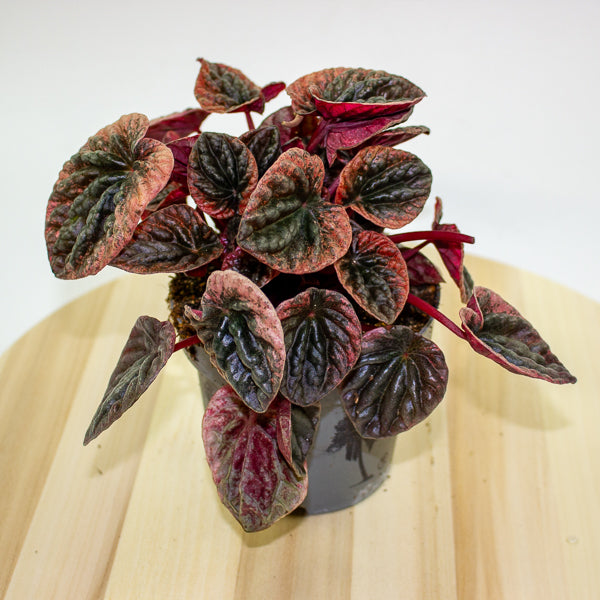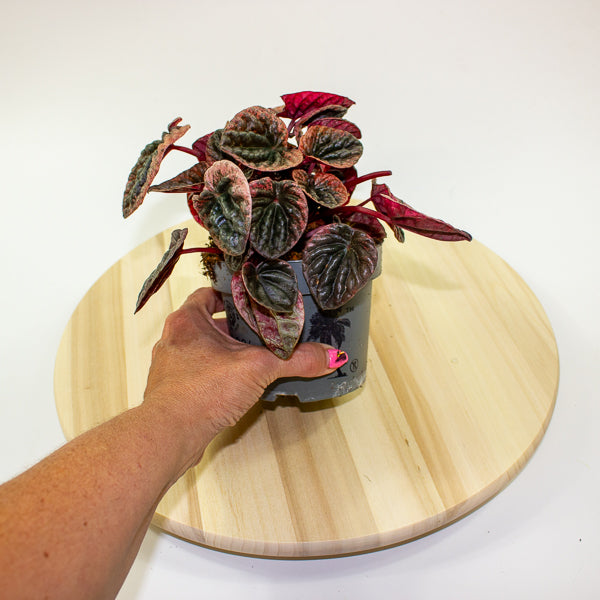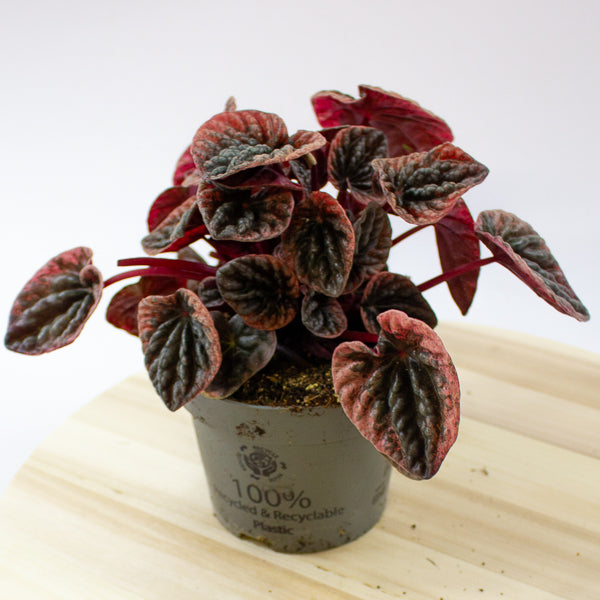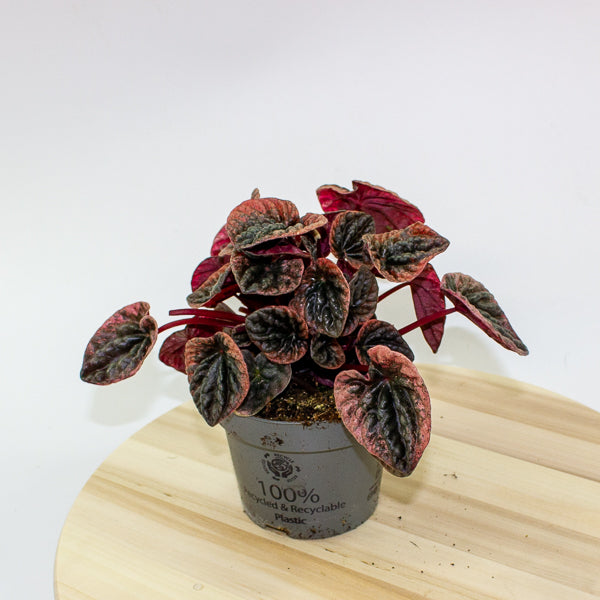1
/
of
7
Emm's Plant House
Peperomia caperata ABRICOS 12cm H25cm
Peperomia caperata ABRICOS 12cm H25cm
Regular price
£16.00 GBP
Regular price
Sale price
£16.00 GBP
Unit price
/
per
Taxes included.
Couldn't load pickup availability
Peperomia caperata 'Abricos' is a beautiful cultivar of Peperomia known for its unique, textured leaves that feature a distinctive orange to light red hue, often with a silvery sheen. Native to tropical and subtropical regions of South America, 'Abricos' is a compact, low-maintenance plant that adds a burst of color and interest to any indoor space. The glossy, heart-shaped leaves and its bushy growth habit make it an excellent choice for small containers, hanging baskets, or as a tabletop display.
- Full Botanical Name: Peperomia caperata 'Abricos'
- Common Names: Abricos Peperomia
- Country and/or Region of Origin: Native to tropical and subtropical regions of South America
- Growing Conditions in Native Habitat: Grows as a ground cover in humid tropical rainforests, where it thrives in shaded areas with well-draining soils and high humidity.
Care Guide
Care Guide
Share
